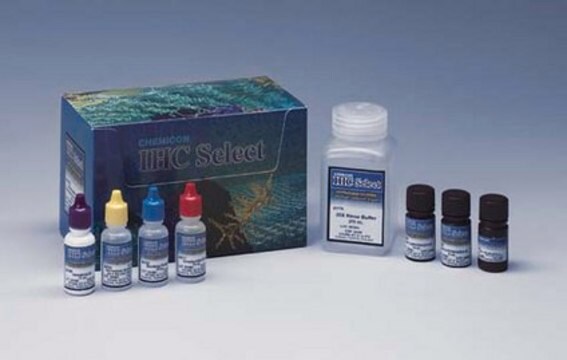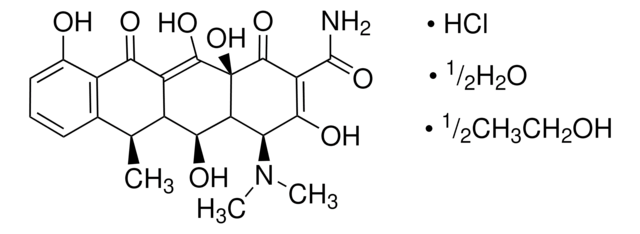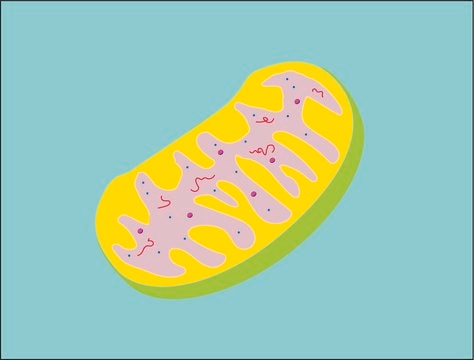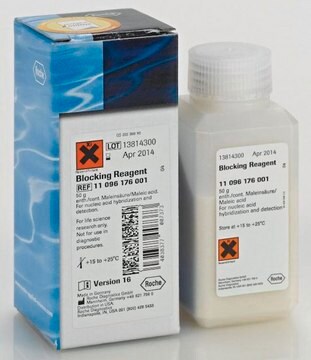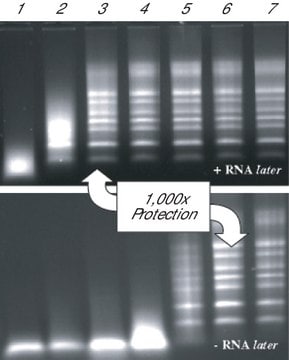U3510
Universal Antibody Dilution Buffer, Ready-To-Use, with BSA
Sign Into View Organizational & Contract Pricing
All Photos(1)
About This Item
UNSPSC Code:
12352107
NACRES:
NA.47
Recommended Products
General description
Ready-to-use buffer for dilution of antibodies in all immunoassays. This buffer contains immunoglobulin free BSA and does not contain phosphate, sodium azide or mercury preservatives. It can be used for dilution of all antibodies, including peroxidase conjugates and antibodies to phosphoproteins. Not suitable for dilution of antibodies to S100 proteins.
Application
For dilution of primary or secondary antibodies. The diluted antibodies can be stored at 2-8 °C for several weeks.
signalword
Warning
hcodes
Hazard Classifications
Skin Sens. 1
Storage Class
12 - Non Combustible Liquids
wgk_germany
WGK 2
flash_point_f
Not applicable
flash_point_c
Not applicable
Choose from one of the most recent versions:
Already Own This Product?
Find documentation for the products that you have recently purchased in the Document Library.
Customers Also Viewed
O Coban et al.
Andrology, 8(2), 421-426 (2019-08-09)
Sperm DNA fragmentation and its relation to conventional semen parameters are well studied. However, there is limited information regarding the rate of DNA double-strand breaks (DSBs) and its correlation to basic semen parameters and IVF outcome. The present study aimed
Shuang Wang et al.
Cell cycle (Georgetown, Tex.), 17(9), 1146-1153 (2018-06-14)
The tumor suppressor p53 is a key regulator of cell apoptosis and cell cycle arrest. Recent studies show that the delicate balance of p53 expression is important for neural tube defects, neuronal degeneration, embryonic lethality, as well as differentiation and
Zili Zhang et al.
BioFactors (Oxford, England), 47(5), 801-818 (2021-06-16)
Targeting the elimination of activated hepatic stellate cells (HSCs) and blocking excessive deposition of extracellular matrix are recognized as an effective strategy for the treatment of hepatic fibrosis. As a newly discovered programmed cell death mode, the regulatory mechanism of
Our team of scientists has experience in all areas of research including Life Science, Material Science, Chemical Synthesis, Chromatography, Analytical and many others.
Contact Technical Service


